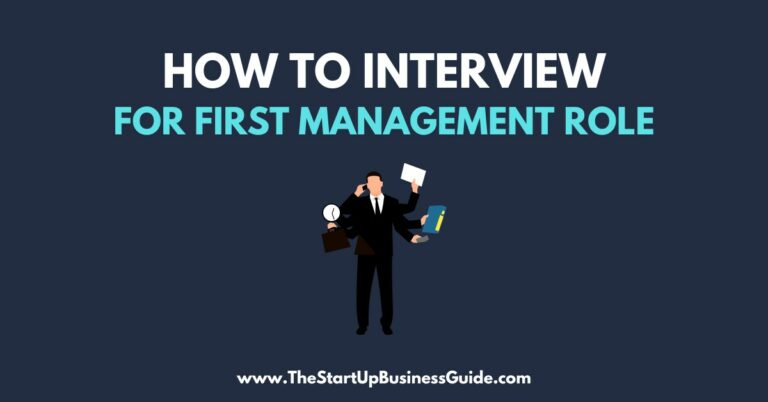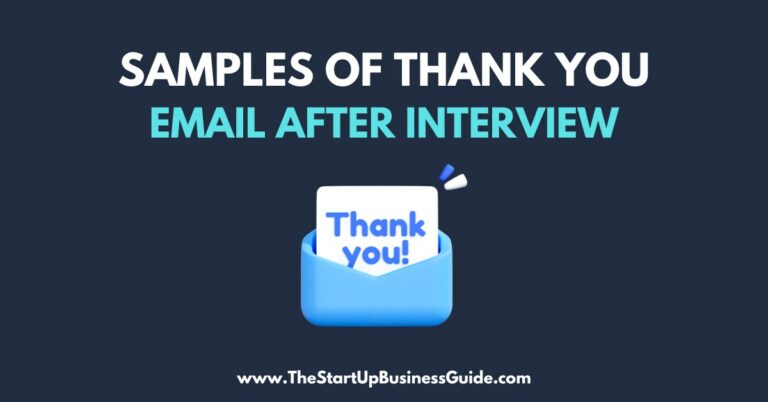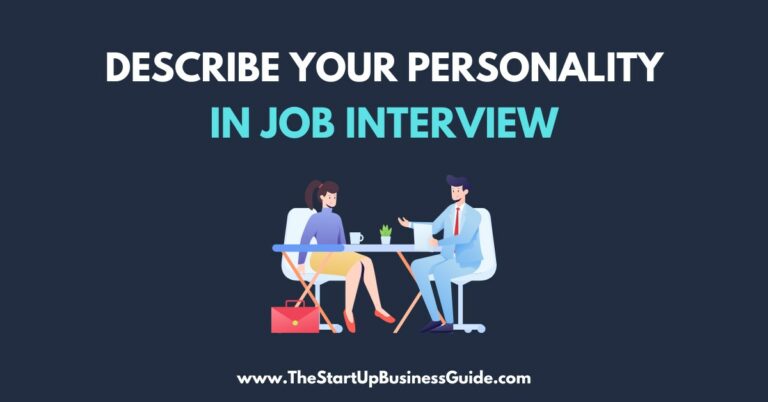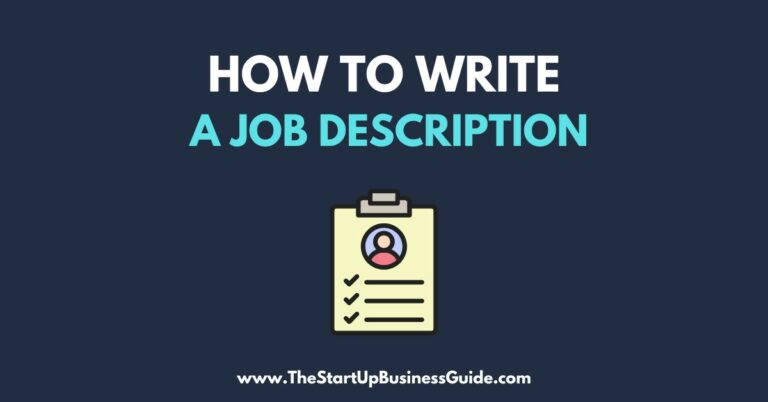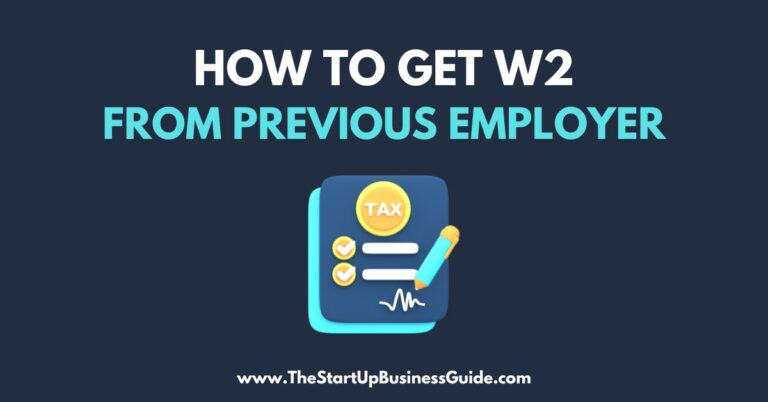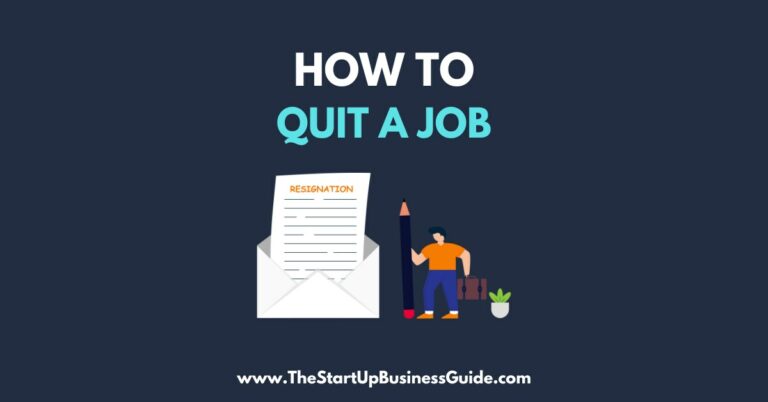15 Best Questions to Ask an Interviewer
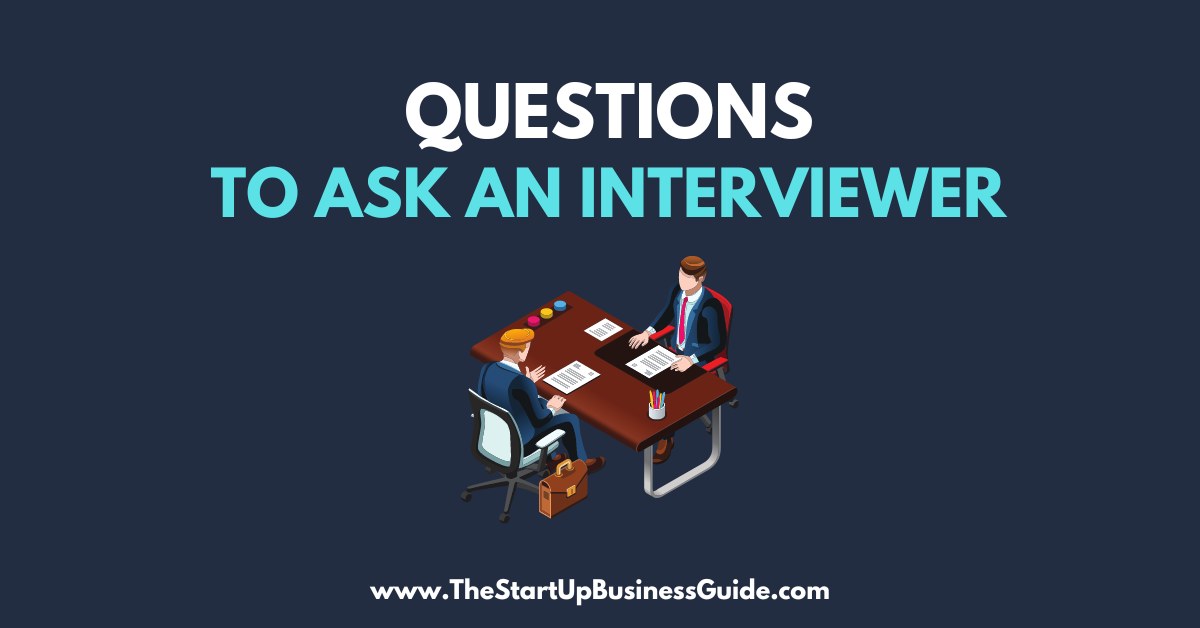
Interviews can be nerve-wracking, but they’re also an important opportunity for you to show a potential employer that you’re the right person for the job.
One way to make the most of your interview is by asking thoughtful, well-informed questions.
In this article, we’ll share 15 of the best questions to ask during an interview.
Before the Interview
1. Can you tell me more about the company culture?
Asking about the company culture is a great way to get a sense of whether the company’s values and work style align with your own.
It can also give you an idea of the company’s priorities and how they treat their employees.
2. What are the primary responsibilities of the position I am interviewing for?
Asking about the responsibilities of the position can help you understand what the role entails and whether it’s a good fit for your skills and experience.
3. Who will I be working with if I am hired for this position?
Asking about who you’ll be working with can help you get a sense of the team dynamics and whether you’ll be a good fit for the team.
4. Can you tell me more about the team I’ll be joining?
Asking about the team can give you an idea of the team’s size, composition, and experience level.
5. What are the main goals and objectives of the department?
Asking about the department’s goals and objectives can help you understand the company’s overall strategy and how your role fits into it.
During the Interview
6. What are the biggest challenges facing the company right now?
Asking about the company’s challenges can give you a sense of the company’s priorities and how they’re trying to address them.
7. Can you tell me more about the company’s plans for growth and expansion?
Asking about the company’s growth plans can give you an idea of the company’s long-term vision and how they’re positioning themselves in the market.
8. How do you measure success in this role?
Asking about how success is measured can give you an idea of what’s important to the company and what they’re looking for in a candidate.
9. How is performance evaluated and what is the process for receiving feedback?
Asking about performance evaluation and feedback can give you an idea of how the company supports its employees and how you’ll be able to improve in your role.
10. What is the typical career path for someone in this role?
Asking about the career path for someone in the role can give you an idea of the opportunities for advancement and how the company supports its employees’ professional development.
After the Interview
11. When should I expect to hear back from you about next steps?
Asking about the next steps in the process and when you can expect to hear back can help you manage your expectations and plan accordingly.
12. Can you tell me more about the hiring timeline?
Asking about the hiring timeline can give you an idea of how quickly the company is looking to fill the position and how you fit into their plans.
13. What are the next steps in the hiring process?
Asking about the next steps can give you an idea of what to expect and how you can prepare.
14. Are there any other questions I should be prepared to answer?
Asking if there are any other questions you should be prepared to answer can help you anticipate what the interviewer may ask and be better prepared.
15. Is there anything else I can provide that would be helpful for you in making a decision?
Asking if there’s anything else you can provide can show that you’re proactive and willing to go the extra mile to secure the position.
It also gives the interviewer an opportunity to ask for any additional information they may need from you before making a decision.
Conclusion
Asking thoughtful, well-informed questions is a great way to show a potential employer that you’re interested in the position and your potential as a candidate.
The 15 questions we’ve shared in this post can help you make the most of your interview by giving you a better understanding of the company, the role, and the hiring process.
Remember to use these questions as a guide and tailor them to the specific job and company you’re interviewing for. Good luck!

